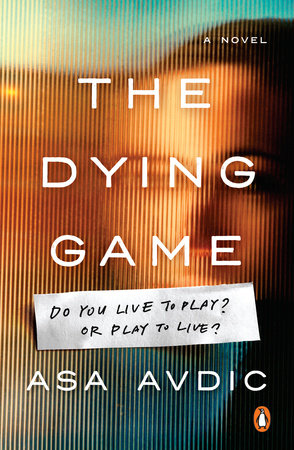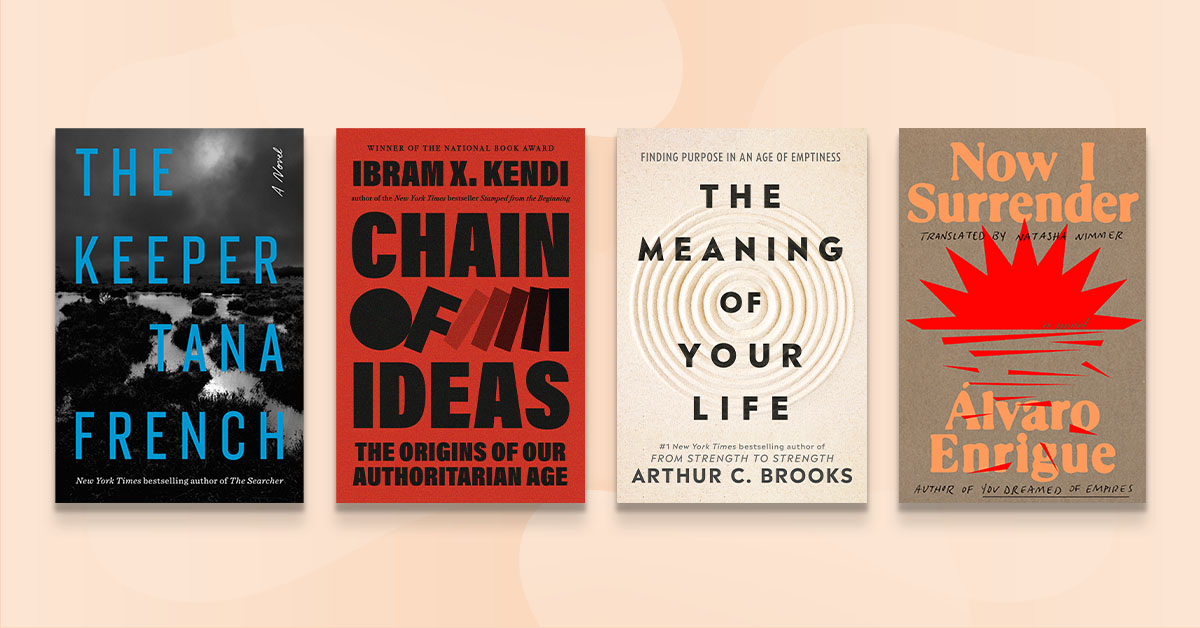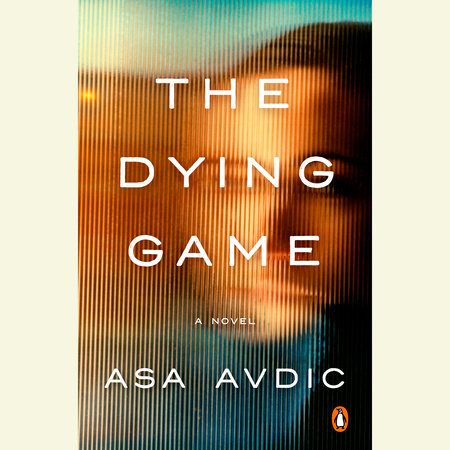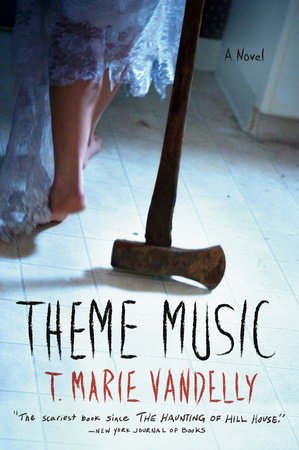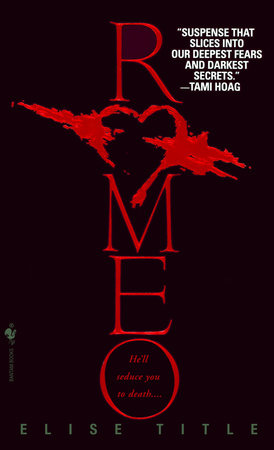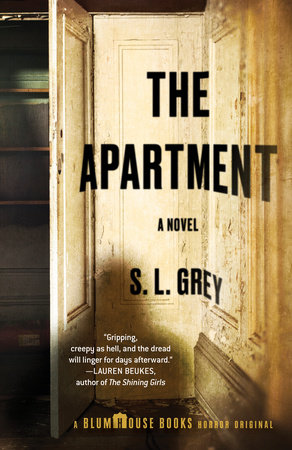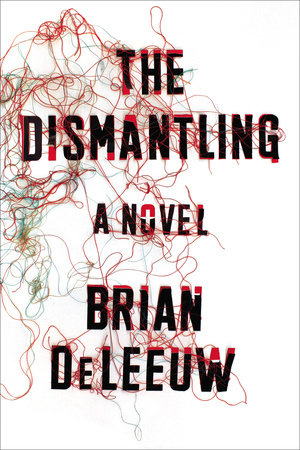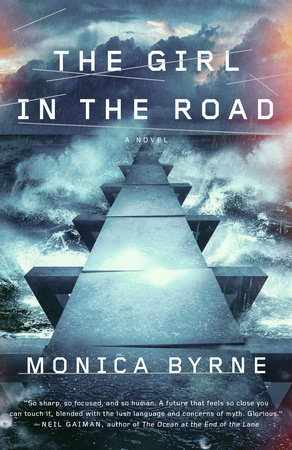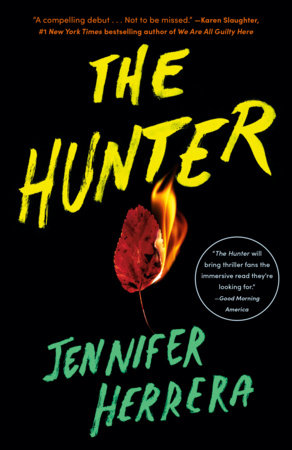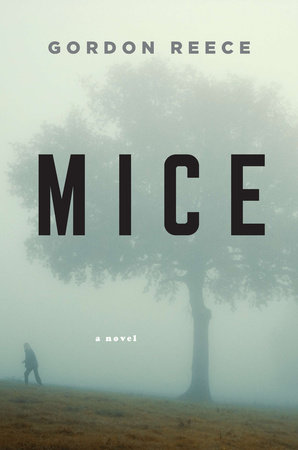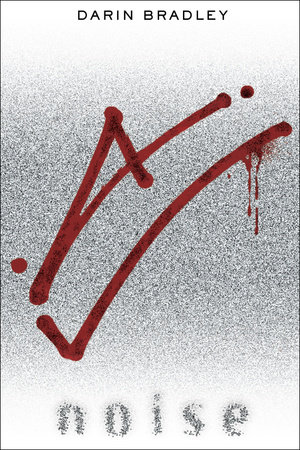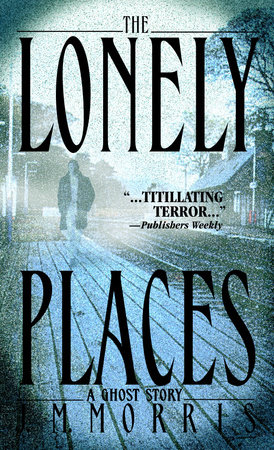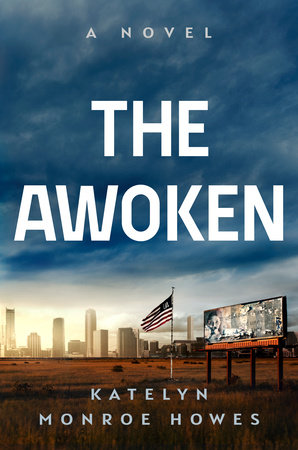A Conversation with Asa Avdic:
1. In Sweden, The Dying Game is published under the title Isola, which is also the name of the island where most of the action is situated. Is Isola a real place? Why did you choose to use a mix of real and fictional locales?
Isola is not a real place, though it bears resemblance with some spots in the Stockholm archipelago; the rawness and the isolated feeling. As an investigating journalist I was a bit tired of research and double checking facts, and as an aspiring fiction writer I wanted the freedom to just make some things up. But I also wanted to keep the possibility of using stuff from both the Sweden I live in and know but also the Europe of the past, which is a part of my personal history—as a grandchild to Bosnian immigrants and an (ex) daughter-in-law to a DDR refugee. Also, I personally really like when literature takes me to places that only exist in our imagination.
2. Toward the end of The Dying Game, the Secretary describes a game called “Wink Murder.” Was this game your inspiration for the novel?
No, actually I only recognized the resemblance of this game and the story I wrote while arranging a birthday party for my oldest daughter. The kids started to play this game, and I was like “hmmm this seems familiar?” But I think the game is a great metaphor for the whole story. After all, it is a dying game.
3. You’ve spent most of your career as a journalist and television host. What made you decide to make the leap to fiction?
I have always been a massive reader, even since childhood, always gravitating towards fiction, sci-fi, fantasy, and the fantastic. One of my first reading memories is as an eight-year-old, getting so deeply sucked into the Astrid Lindgren fairy tale Mio, My Mio, to the point where my grandmother almost became afraid because it was so difficult to bring me back to reality—I almost started to live in this book. My friends also always have mocked me for sort of avoiding reality as much as I can in my spare time, always choosing Star Wars kind of movies over some somber documentary. It’s almost as though being a “current events” kind of journalist, I get enough of reality at work. Before I started to write Isola/The Dying Game, I was about to write a book about climate anxiety and consumerism, but got so bored and depressed that I decided to make something up instead. This was one of the best decisions of my life.
4. The novel has a startlingly cinematic feel. Was this intentional?
No, it wasn’t, but as a broadcasting journalist, I guess it’s kind of natural for me to think in pictures and scenes. I had very vivid pictures in my mind of all of these places while writing the book.
5. How much did you draw from your own experiences while writing this book?
This is always the sci-fi/fantasy/counter-fact writer’s dilemma: It is impossible to make up something entirely new; you can only copy/paste from reality, making new combinations. So, of course there is some self-experienced stuff in this book, many things stolen from other people’s lives, and parts stolen from history. But not intentionally. All these things coexist somewhere in my brain, and then it pours out (in disorder) into the story. For example, my editor at my Swedish publishing house is a long-term friend. All of a sudden she recognized her old stairs in Old Town, Sweden, showing up in the staircase in Nour’s house in the book. I had no idea that I borrowed this old staircase while I wrote it. (I also unintentionally stole the last name of my best friend’s grandfather and named a person after him.)
Also, some of the backstory’s scenes from the Union of Friendship are borrowed from my extended family, because some of them have firsthand experience from the Communist countries of Eastern Europe. The more “over the top” the events in The Dying Game seem, the more the risk that they are actually based on truth, sad enough.
6. The novel has echoes of 1984. Was George Orwell’s iconic dystopian novel an influence? Why did you choose to set it only twenty years into the future?
I did not intentionally mimic Orwell, but we draw, in a way, from the same source, i.e., the old Eastern Bloc of Europe and the Soviet Union. The reason why I set it in the future was that I wanted the freedom to make things up to my choosing, not writing a novel about the actual DDR (or another communist country). But also I find it interesting that history and modernity do not always move us forwards. Some countries can be really liberal and open for a long time, then all of a sudden close and move backwards to bigotry, dictatorship, and limited freedom (something we see in the world right now). In my lifespan, for a long time everything moved in the direction of opening up. It was easy to think that that was kind of the natural world order, but now we see that this is not something you can take for granted. It’s not always easy to remember, but for example, both Iran and Afghanistan were quite liberal and “westernized” in the seventies, so these things can really change. In Sweden we take this openness much for granted, but we were in some ways quite close to the old Eastern Bloc, and for me it was an interesting mind game to think about how it could have been if history had taken another turn.
7. Do you feel our world is on its way to becoming the totalitarian regime you depict?
As per my answer to the previous question, I do think there are some troubling signs, absolutely. And I do think we take much of our freedom for granted. This is something we must value and protect. The tendency towards nationalism, isolationism, totalitarianism, limitations of free press and free speech is nothing to put your head in the sand about; these are things we must fight if we like our freedom.
But—when I started to write this book some years ago, this was not an apparent issue. In that way the book feels almost uncannily prophetic. Also, the storyline about Anna in the refugee camp of Kyzul Kum, all of a sudden overflowing with desperate people with nowhere to go, was written before the great troubles with handling these things in Europe. Things I thought I just made up in some dystopian nightmare are now reality.
8. Your novel will be published in at least ten countries. Are you surprised that it’s finding such a broad international audience?
Of course, being sold to so many countries is the most awesome and flattering thing that has ever happened to me, and really nothing I expected. But I think that the story, even if it takes place in some kind of counter-fact Sweden, really takes place nowhere and everywhere, and the issues in the book are everyone’s issues: How far can you push yourself? Whom can you trust? Why is love so hard? Why do you find yourself unable to do what’s best for you, and, ultimately, what would you do to survive? You don’t need a specific social or cultural experience to find yourself dealing with these things, so in that way it is a quite international book.
9. Sweden usually ranks among one of the world’s happiest nations, yet much of the Swedish fiction that’s published in America is quite dark. How do you account for this disparity?
Maybe it’s because the country is almost dark for half the year? J I don’t know, but perhaps it has something to do with the lack of horror in the outer world, that we have to let our inner darkness out some way.
Also, there is a tradition in Sweden of relative openness about things that are private in many other countries and cultures. There are no great stigmas in addressing issues of sex, sorrow, mental illness, etc. Perhaps that is part of why we write about it also. If that’s the case (which I hope)—it’s a good thing. Shutting up about feelings and problems seems to be one of the worst ways to deal with such things.
10. Who are some of your favorite authors?
As I said earlier, I do love authors that take me to places impossible to travel to in any other way. When I was young I read all the classic Stephen King novels and loved them. As an adult, there are many authors I love: Neil Gaiman, Elizabeth Hand, Megan Abbott, Shirley Jackson, Donna Tartt, Margaret Atwood, Siri Hustvedt, Curtis Sittenfeld . . . well, how long a list do you want? I could probably go on forever.
11. Are you planning a sequel? What are you writing now?
I have just started writing the sequel of The Dying Game. It will be some kind of sequel/prequel, taking place both before and after the first book. Let me just say that there are some reasons in Anna’s childhood that explain why the Chairman is so eager to recruit her. (Also, she will have a really bad first day at work in the RAN group.)
